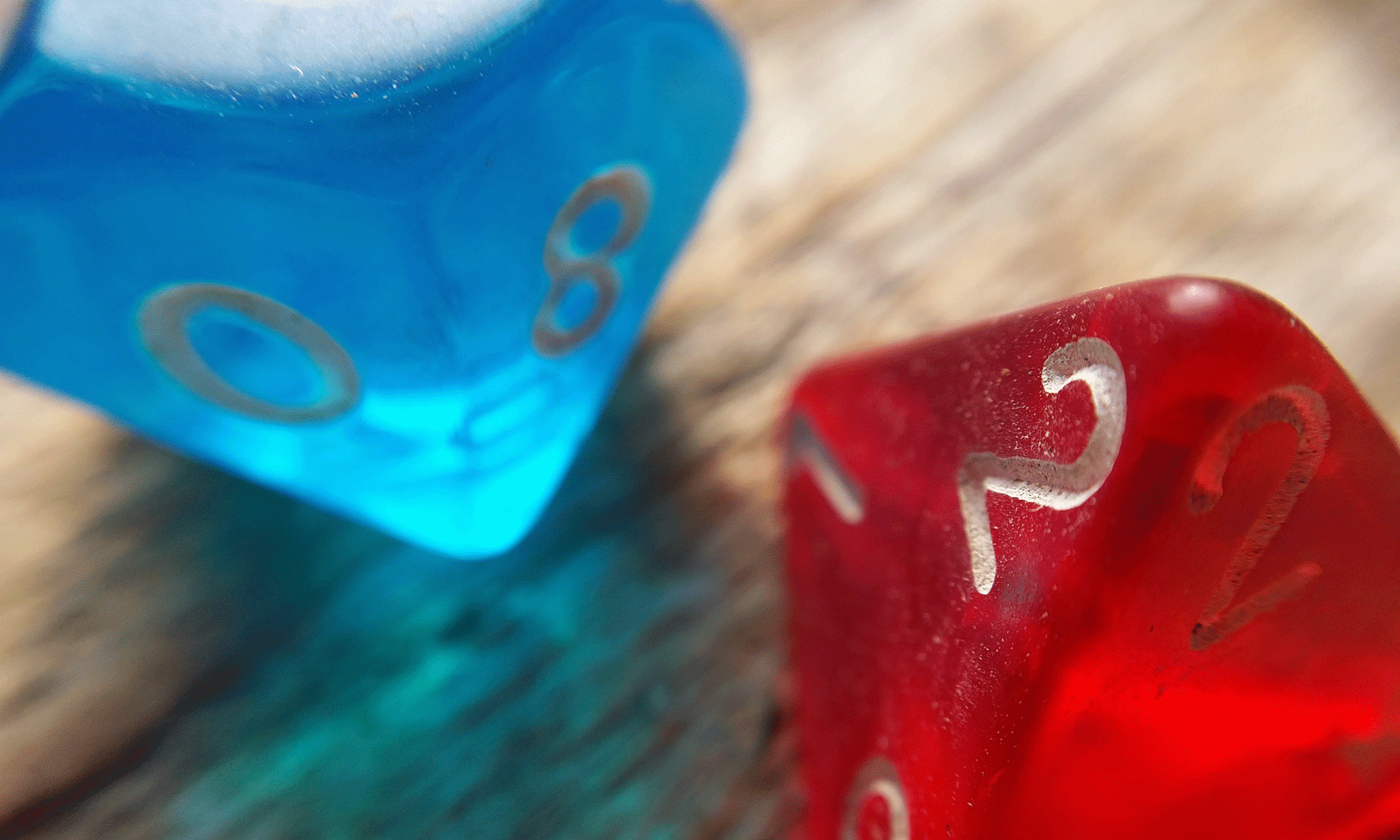Exploring gossip and idle chat around the wells, inns, and marketplaces of a rural community. This table was created with the Gossip magical item in mind. Use it for background noise anywhere, though it works best with fantasy and/or medieval settings.
Spill the tea!
The bunter spent last night sitting at the inn, swearing up and down about their spouse. Some people get along like cats and dogs with only one food bowl in the house. But don't you say nothing to anyone about it.
To generate another suggestion, simply refresh the page.
